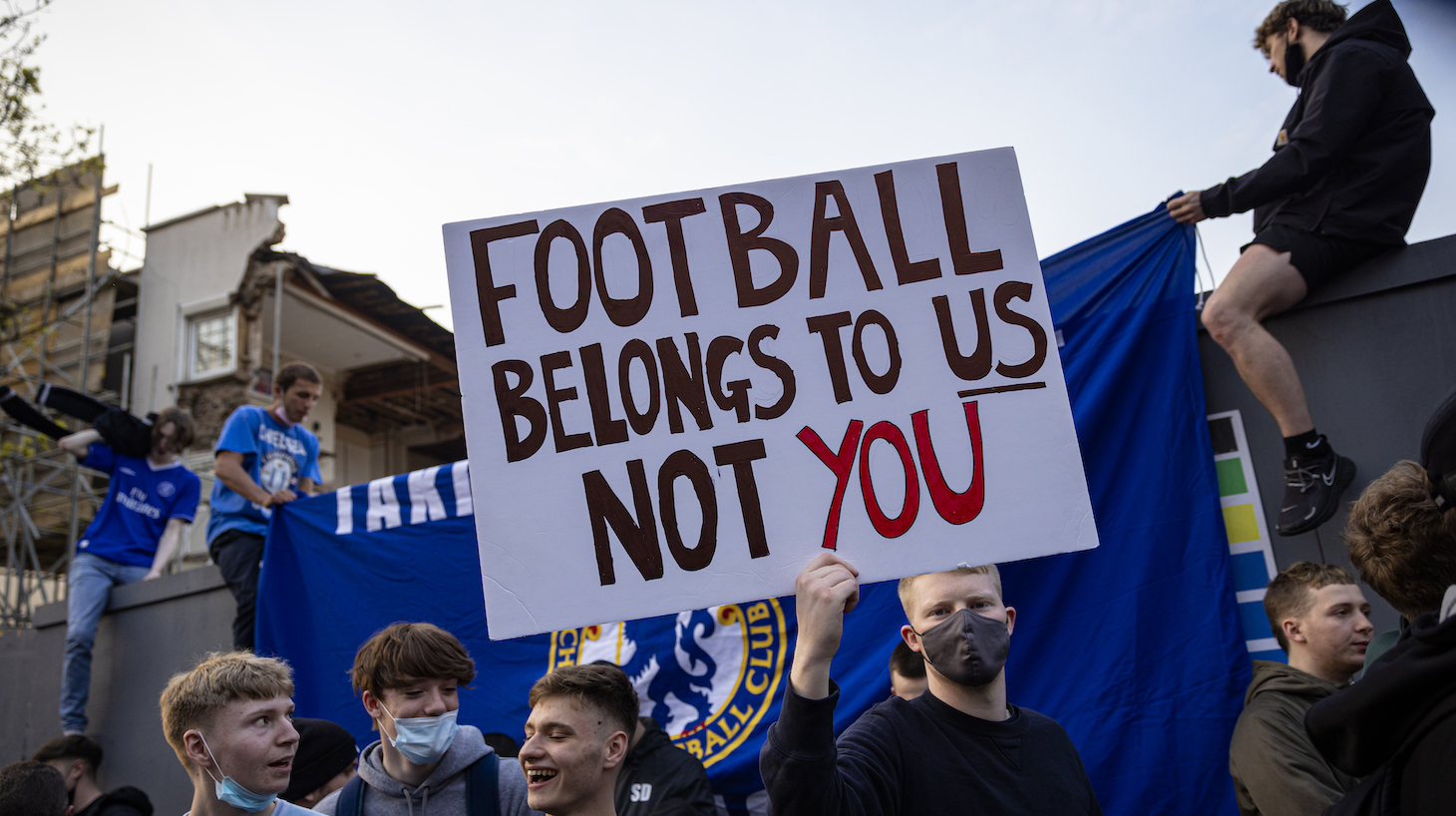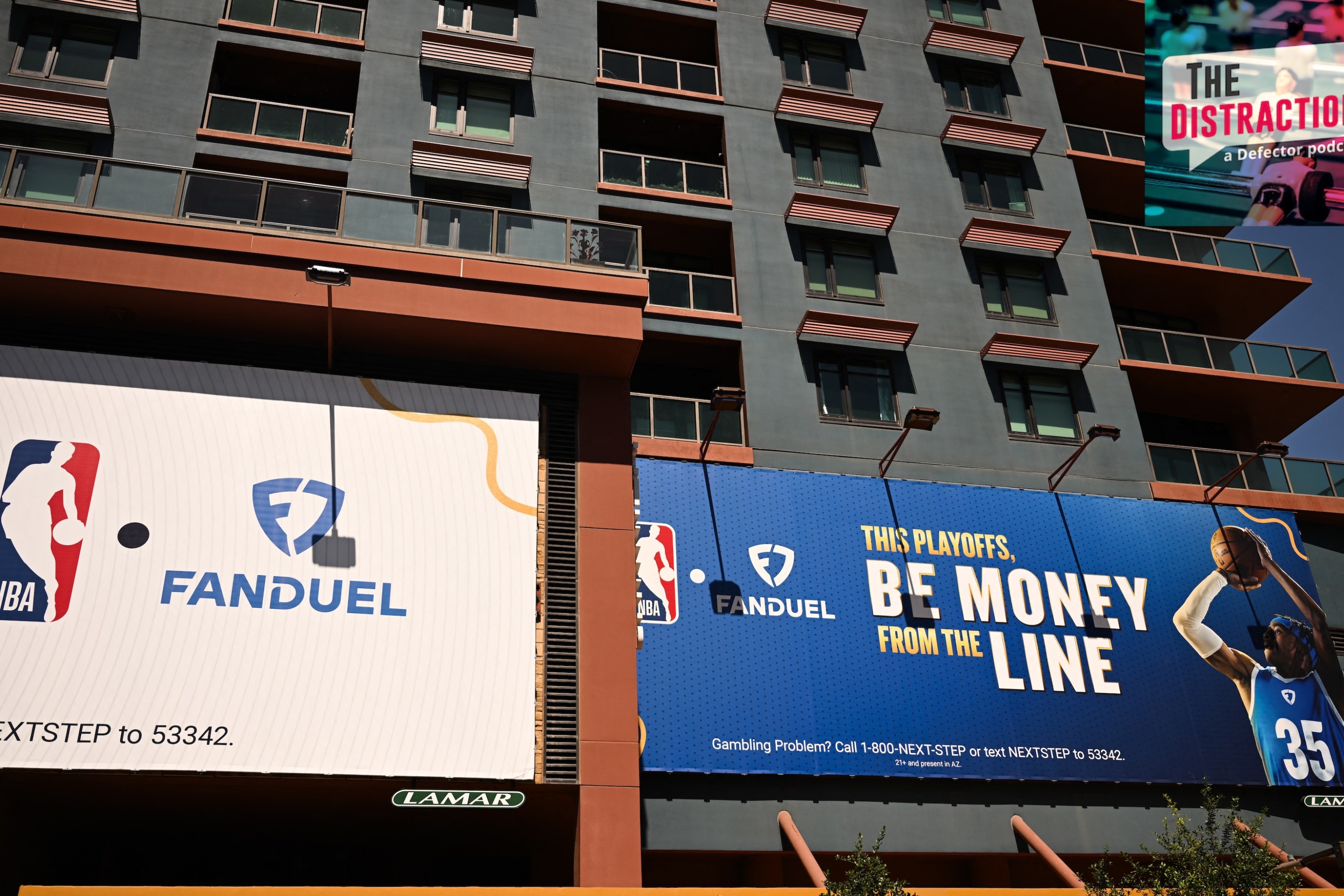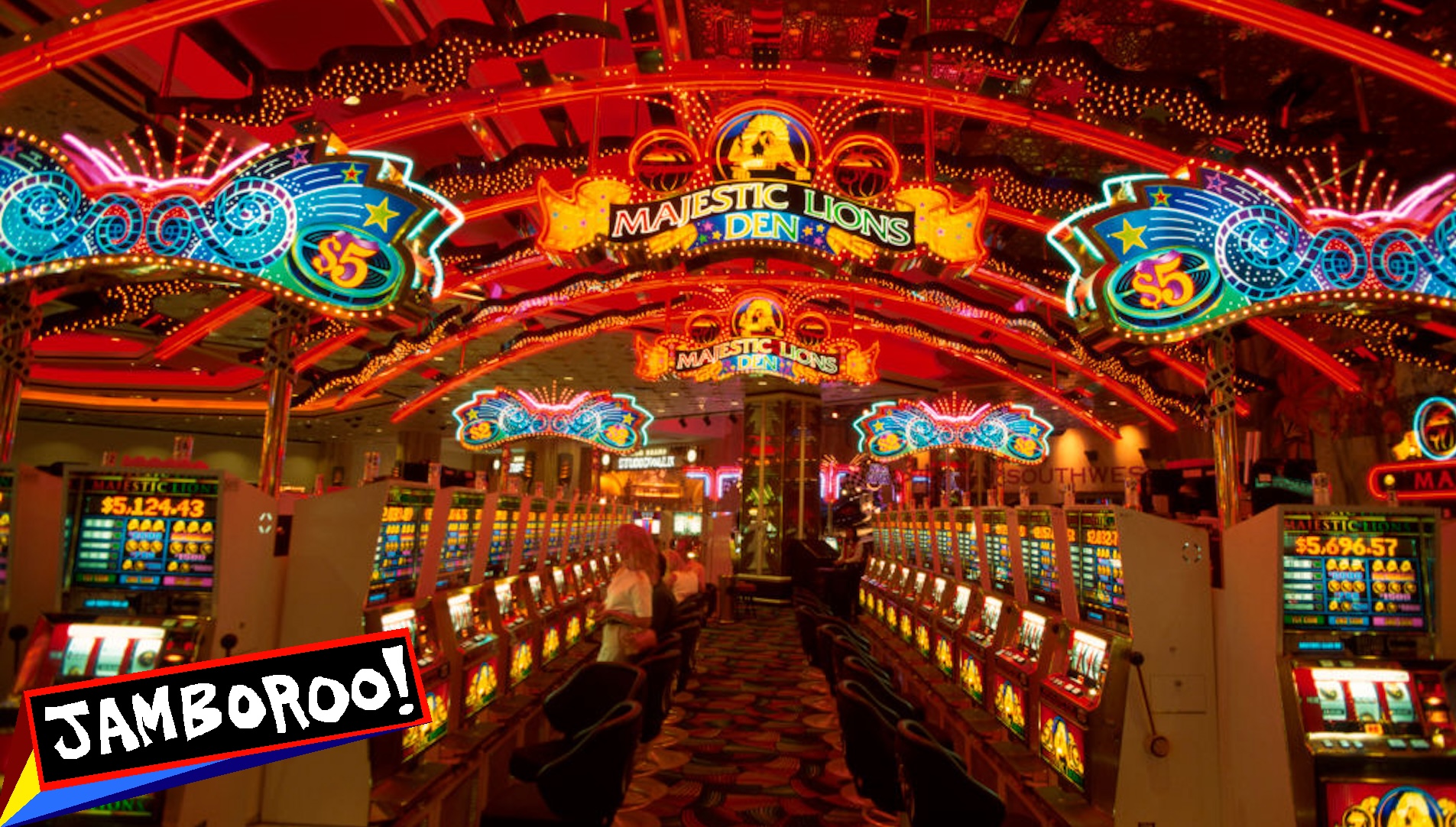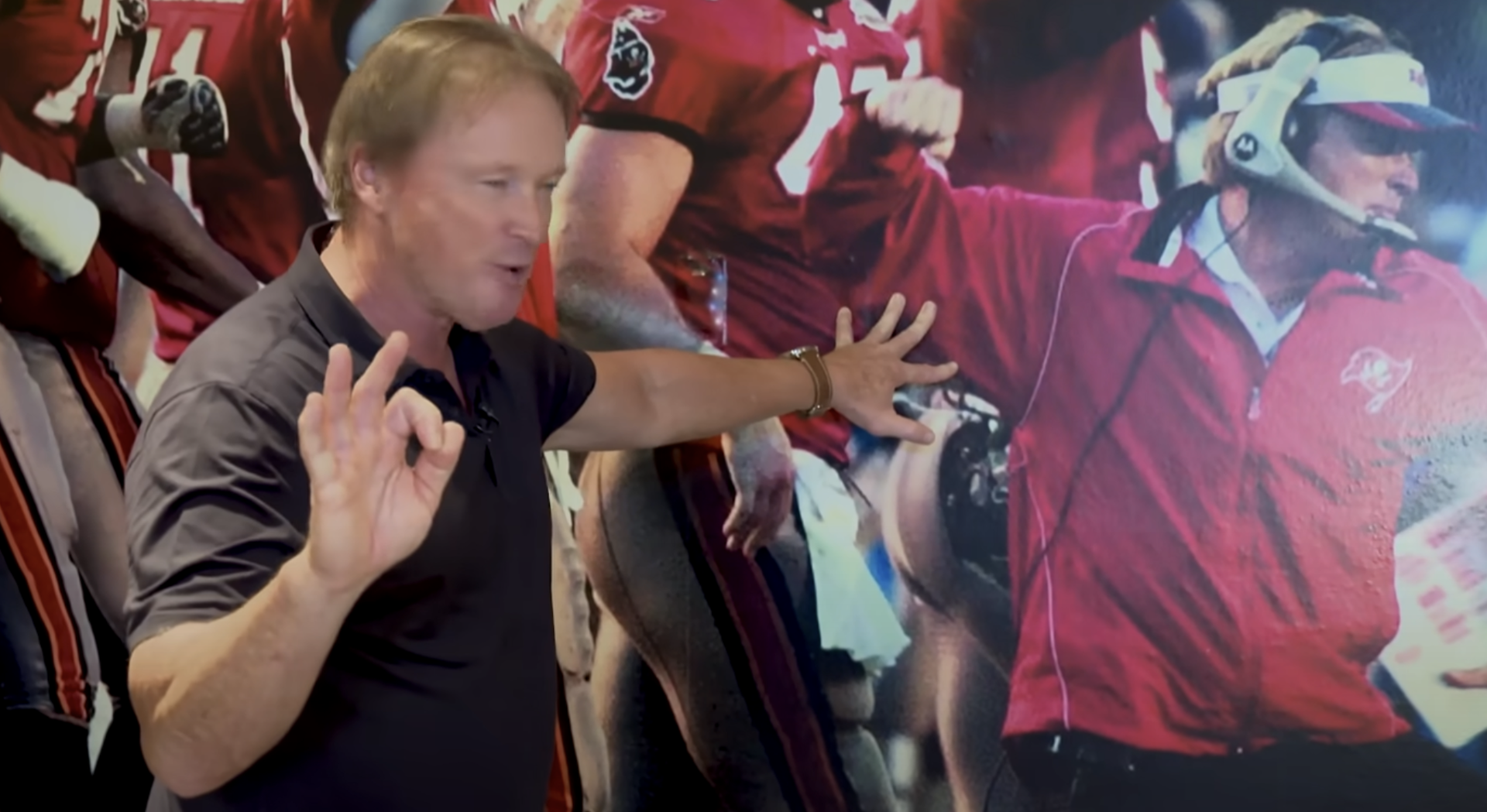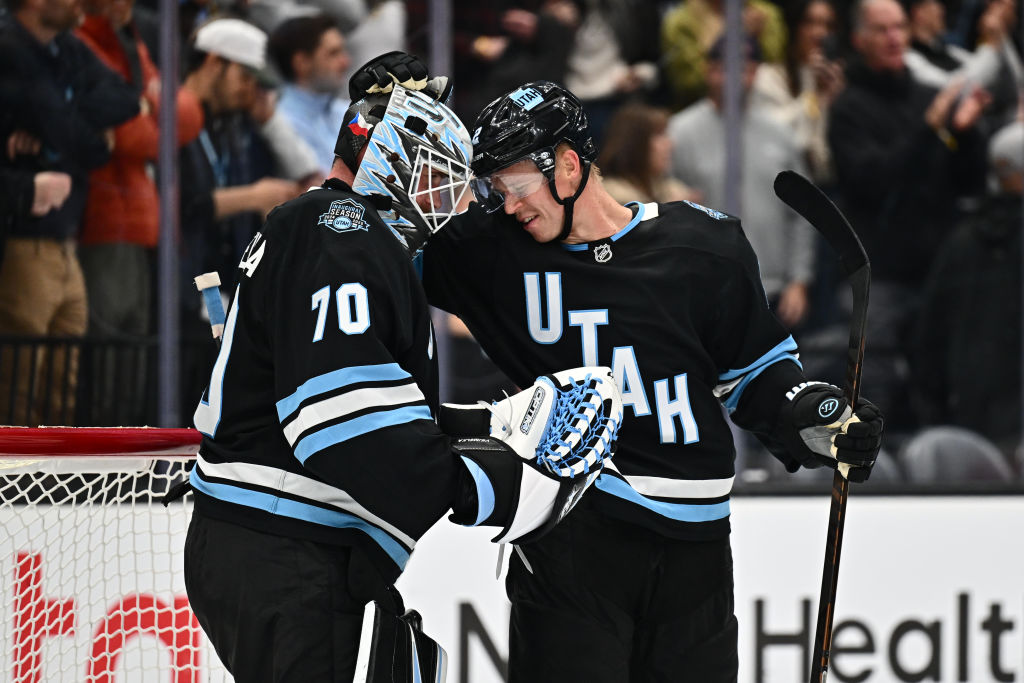In this current age, the world by and large operates like this: People with millions and billions and trillions of dollars decide how to make things work in ways that protect and increase their money and power. They are free to do whatever they want whenever they please, secure in the knowledge that should dissent arise, they can pay to kill it and still have plenty left over to afford the consequences. It’s a tidy system, this oppressive status quo, designed to insulate the insatiable few from ever having to answer for shit while they extract as much value as possible from everyone and everything else. This was the plan for the so-called European Super League. The richest and most powerful clubs in Europe announced that they were going to start their own tournament that would ensure themselves further consolidation of power and money, the continued existence of the broader football ecosystem be damned. That it blew up so spectacularly—that people blew it up so spectacularly—is worth celebrating.
Of course, the system that’s still standing amid the rubble isn't perfect or even good, really. There’s still chasmic inequality among clubs in Europe, and most players and fans are alienated from the clubs’ decision making. But there’s reason to believe that this week’s resistance to the Super League, itself a righteous repudiation of autocratic forces in the sport, might be just the beginning. As the Independent’s Miguel Delaney wrote Thursday, the backlash to the Super League didn’t just kill the league itself, it killed the threat of one. He wrote:
The threat of a super league has been one of the most influential forces in European football over the last 30 years, and maybe the most influential. It is the leverage - “the bargaining chip” - that has forced every single change that has benefitted the big clubs. Any time they wanted something, either in England or in Europe, they would just raise the prospect of a breakaway. Sometimes it would be subtle, sometimes it would be explicit. It would always allow them to ultimately get what they want, from tangible changes like greater proportion of revenue distribution to repeated changes to the Champions League, to more money, power and influence.
The Independent
The big clubs went all in, played their hand, and got booed out of room. The Independent quoted one source as saying, “Their credibility is currently close to zero now. They’ve been muted, and neutered.” All of a sudden, practically overnight, there’s an opportunity to reshape European soccer into something more democratic. Delaney writes: “It is not an exaggeration to say it could lead to the eventual reversion of the Champions League to something closer to the 1990s, a much fairer resource distribution model, and maybe even more competitive domestic leagues.”
But this new wide-open opportunity to re-envision the sport has plenty of space for even bolder ideas. England’s Labour Party leader Keir Starmer this week called for English soccer to consider Germany’s model of fan ownership of clubs. He said there needs to be a way for fans to have “much greater say in what happens to their clubs.” Starmer went even further, saying that there should be an upending of priorities in the sport, away from maximizing revenues and towards making the sport accessible for everyone:
“That’s the great attraction of football across the world. It’s an uncomplicated simple game accessible to everybody and the mood today, it’s been a slippery slope for a number of years, and this move takes it so far from the very idea of football as that simple game accessible to everybody.”
There’s a lot to savor from the postmortems on the glorious implosion of the Super League—the hilarious shoddiness of the planning and rollout, the angry fans and players and pundits who took to the streets and social media and TV to protest it, the sniveling apologies from humiliated billionaire owners—but the sweetest takeaway is a reminder of what it all means. The swift and complete rejection of the Super League is a reminder that the evolution of sports towards giantism and fan-fucking innovation is not an inevitable, natural process, but a manufactured plot to enrich the few at the expense of the many. The reminder comes with a lesson, too: This dumb greedy shit can be stopped.
What a lesson! As Ray Ratto wrote, it's one that American sports fans should pay attention to. But it's also one that can inspire people who don't even give a damn about sports. There are limits to what the greedy billionaires who control the world can do, and we can decide what those limits are.
